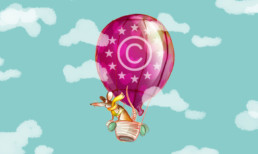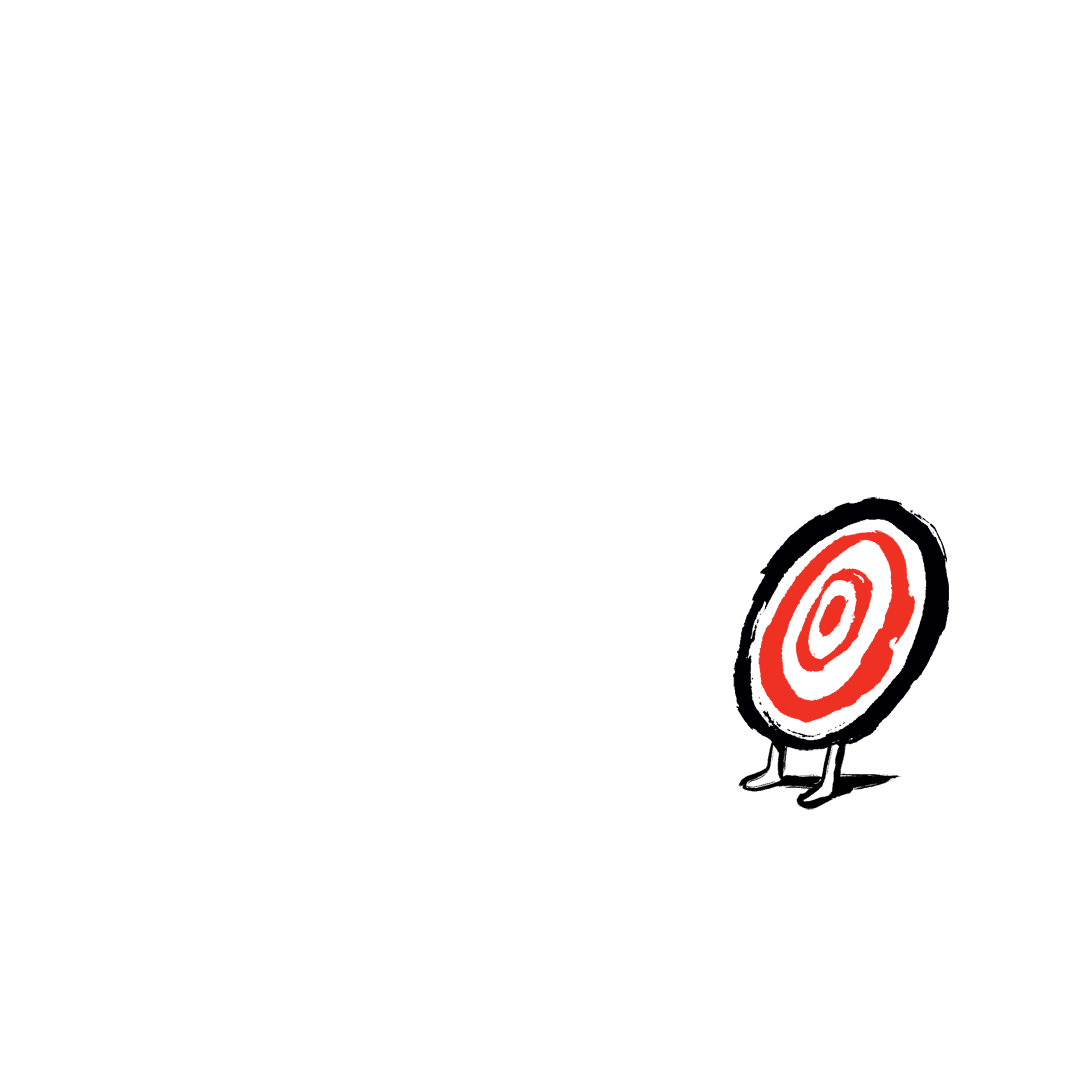EU Copyright Directive for the digital age
The Directive on Copyright in the Digital Single Market is an important piece of European Union legislation designed to modernise copyright for the digital age, with the aim of helping to ensure a fairer deal for those working in the creative sector.
For creators, an important benefit is a principle of appropriate pay and the point that creators will be entitled to share financially in any unanticipated success of a project, even if they have assigned their copyright in the work.
It also contains transparency and contract adjustment mechanisms for creators and performers. This means that agreements with clients will have to be clear and understandable so that creators will understand what rights are being licensed to the client.
EU Copyright Directive since April 2019
The EU copyright directive was adopted by the European Council on 15th April 2019, completing its final stage of approval after two-and-a-half years of debate and negotiation. Although six member states voted against the new rules (Finland, Italy, Luxembourg, Netherlands, Poland and Sweden), and three abstained (Belgium, Estonia and Slovenia), the directive passed with the support of 19 countries — three more than the minimum required — representing more than 71% of the EU population.
The directive will be published in the Official Journal of the EU, and member states will have 24 months to implement the measures at national level.
The final Directive contains five different measures to strengthen the position of authors (creators) and performers:
A principle of appropriate and proportionate remuneration for authors and performers;
A transparency obligation to help authors and performers have access to more information about the exploitation of their works and performances;
A contract adjustment mechanism to allow authors and performers to obtain a fair share when the remuneration originally agreed becomes disproportionately low compared to the success of their work or performance;
A mechanism for the revocation of rights allowing creators to take back their rights when their works are not being exploited; and
A dispute resolution procedure for authors and performers.
“I am very glad that we have achieved a balanced text, creating multiple opportunities for Europe’s creative sectors, which will thrive and better reflect our cultural diversity and other European common values, but also for the users, whose freedom of expression on internet will be consolidated. This is a milestone for the development of a robust and well-functioning digital single market.” (Valer Daniel Breaz, Romanian Minister for Culture and National Identity)
A system to increase the responsibility of internet platforms, such as YouTube and Facebook, for the creative content uploaded on their platforms.
The last of these proposals is designed to fix the so-called “value gap” — the yawning disparity between the profits earned by some user upload platforms that pay little or nothing for the use of works such as music and images, and the incomes earned by those who create the content in the first place.
More information here: http://europa.eu/rapid/press-release_MEMO-19-1849_en.htm
Thanks to the British Copyright Council
Related Posts
September 13, 2024
Price It Right: Licensing and Negotiation Webinar for Illustrators
Watch the recording of this informative webinar for illustrators, sharing practical and accessible information about pricing, licensing and negotiation with clients. The EIF has made this available to support illustrators by making educational information about illustration pricing, licensing and negotiation accessible to all.
August 13, 2024
EIF Diversity Survey – report and actions
What are the main issues for illustrators? The findings of the EIF Diversity Survey highlight significant challenges in achieving true diversity and equality. See the results of the Survey and what we are doing as a result of the findings.
April 9, 2024
EIF at the Guadalajara International Book Fair
Report from Cecilie Maurud Barstad on the EIF representation at the Guadalajara International Book Fair - the most important publishing meeting in Latin America




